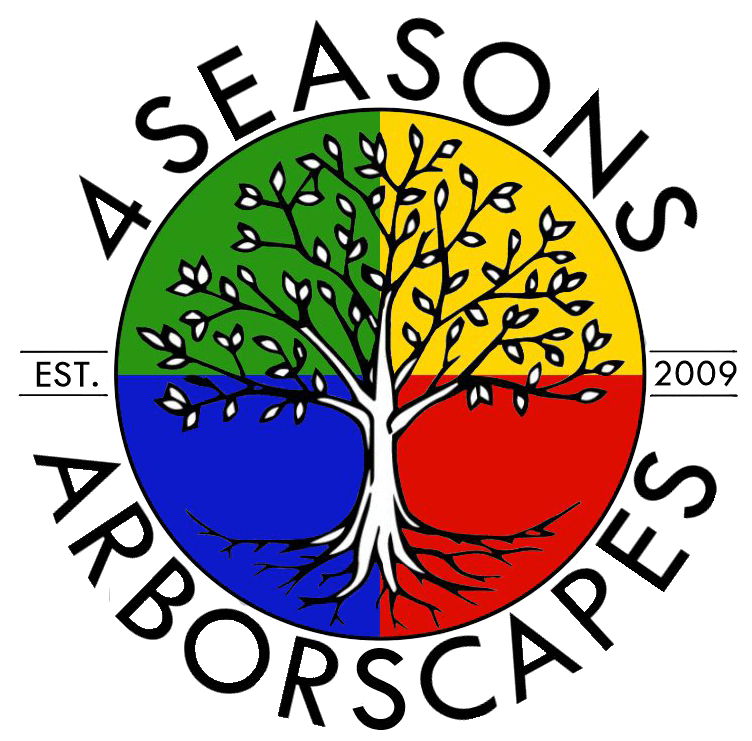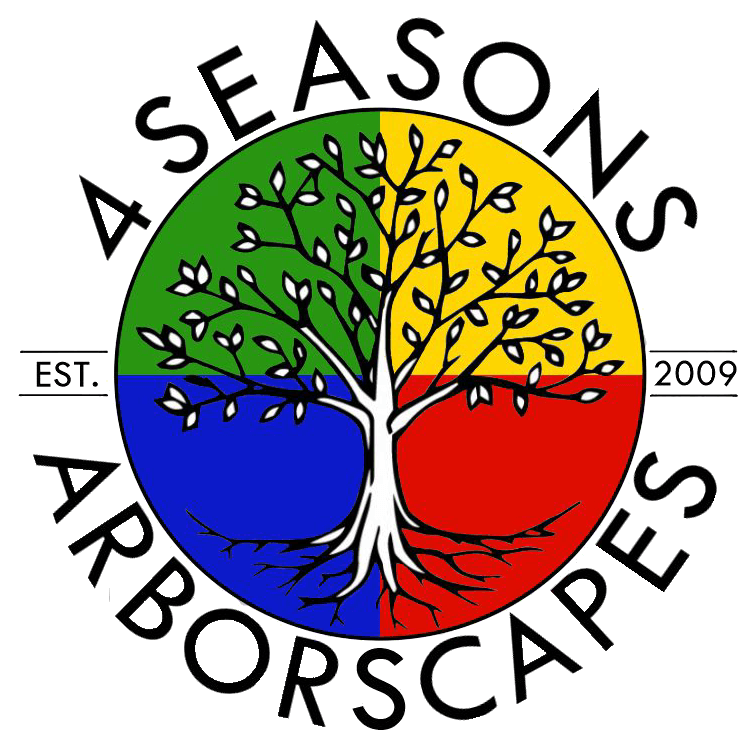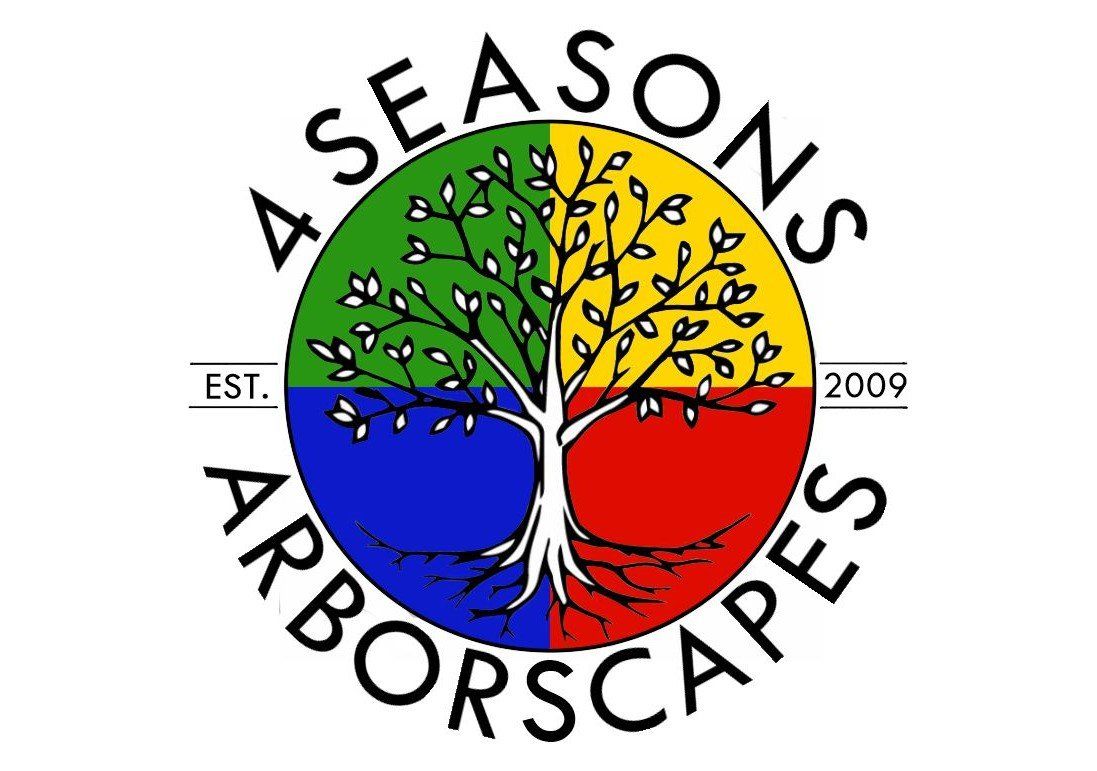Our comprehensive evaluations check:
Types of Assessments We Offer
Health Inspections
Just like people, trees are vulnerable to diseases, pests, and environmental stress. Our tree health inspections are designed to catch issues early—before they become serious problems. During a health inspection, one of our expert arborists examines the tree’s leaves, bark, roots, and structure to detect signs of disease, infestation, or decline. After the evaluation, we provide a clear, actionable report outlining treatment options like pruning, pest control, or fertilization. Routine health inspections not only extend the life of your trees but also keep your landscape vibrant and beautiful year-round.
Risk Assessments
Trees with structural weaknesses, dead limbs, or close proximity to buildings and power lines can quickly become hazardous. Our tree risk assessments are critical for identifying potential dangers before they cause damage. We thoroughly evaluate each tree’s stability and structure, while also considering external factors like surrounding infrastructure and recent storm impacts. This type of inspection is especially valuable after severe weather or before storm season begins. If we detect a safety concern, we’ll recommend mitigation strategies such as cabling, bracing, or tree removal to help you reduce risk and protect your property.
Home Pre-Sale & Pre-Closing Evaluations
Whether you're preparing to sell or considering a home purchase, the condition of the trees can affect both the property’s value and safety. Our pre-sale and pre-closing tree evaluations give buyers, sellers, and real estate professionals a clear understanding of the trees on the property. We assess each tree for health, stability, and risk, and provide professional recommendations for any needed maintenance or removal. For sellers, this means presenting your property in its best light. For buyers, it helps avoid unexpected expenses and ensures peace of mind.
HOA Inspection Services
In neighborhoods managed by a homeowner association, the health and appearance of shared trees matter to everyone. Our HOA tree inspection services are designed to help communities stay safe, compliant, and attractive. We evaluate trees in common areas, including parks, roadways, and other shared spaces, looking for signs of disease, damage, or risk. After the assessment, we deliver a comprehensive report outlining any concerns and recommended maintenance. These evaluations help HOAs plan seasonal care, prevent safety issues, and maintain a well-kept, inviting environment for all residents.
Our Assessment Process
- Identify issues early with an on-site tree health diagnosis. Our team inspects key indicators of tree health, including foliage, bark, and branches. We look for signs of disease, pest infestation, or environmental stress. If symptoms are present, we diagnose the issue and recommend a targeted treatment—whether it’s addressing a fungal infection, treating an insect problem, or correcting nutrient deficiencies. Early diagnosis is critical to prevent further damage and preserve the long-term health of your trees.
- Ensure tree stability with a structural evaluation. We conduct a detailed structural assessment of each tree, focusing on branch strength, root system health, and the presence of cracks, splits, or cavities. Our arborists determine whether a tree is at risk of failure during storms or high winds. When necessary, we recommend solutions such as pruning, cabling, or bracing to reinforce the tree and reduce risk.
- Protect people and property with a tree risk assessment. Trees located near homes, utility lines, walkways, or high-traffic areas require special attention. Our arborists perform a thorough tree risk evaluation to determine if any trees pose a threat to life or property. If removal is the safest option, we offer professional tree removal services to eliminate the hazard safely and efficiently.
- You receive a personalized tree care plan. After the assessment, you'll receive a detailed report that includes our findings and recommendations. Whether your trees need preventative care, routine maintenance, or emergency treatment, we create a customized tree care plan based on your property’s unique needs. Our goal is to help your trees thrive while keeping your landscape safe, beautiful, and well-maintained.
When Should You Consider a Tree Health Assessment?
- General safety concerns. If you've noticed dead or decaying branches, leaning trees, or signs of instability, it's time to assess the safety of your trees. Ignoring these issues can pose significant risks to your property and those on it.
- Storm damage or severe weather. After a severe storm or extreme weather event, it's crucial to evaluate your trees for damage. Weak or damaged trees can pose an imminent threat to your home, vehicles, and even your family's safety.
- Plant health questions. If you're unsure about the overall health of your trees, our assessments can provide valuable insights. Early detection of diseases or pest infestations can prevent further damage and costly treatments.
- Preventive and routine care. Regular assessments can be a proactive measure to keep your trees healthy and strong. Prevention is often more cost-effective than addressing extensive damage later on.
Why Choose 4 Seasons Arborscapes for a Tree Assessment?
Our team of arborists and tree care experts is dedicated to ensuring the longevity and safety of your trees. When you get a tree health assessment from 4 Seasons, you benefit from:
- Several decades of combined expertise. Our experienced arborists have an in-depth understanding of tree biology, diseases, and safety protocols.
- In-depth, comprehensive inspections. We conduct thorough assessments, examining every aspect of your trees, from their root systems to their canopy.
- Customized solutions. Based on our findings, we provide tailored recommendations, whether it's tree pruning, removal, or ongoing maintenance.
- Peace of mind. Our assessments offer you the peace of mind that your property and loved ones are protected from potential tree-related hazards.
Investing in tree health and safety assessments with 4 Seasons Arborscapes is a proactive step toward responsible property ownership. It's not just about preserving the beauty of your landscape; it's about preserving your peace of mind. Contact us today to
schedule your assessment and take the first step in safeguarding your trees and property.
Find Professional Tree Assessments Near Me
| Chester Springs | Malvern | Pottstown |
|---|---|---|
| Phoenixville | Kennett Square | Media |
| West Chester | Birdsboro | Collegeville |
| Horsham | Philadelphia | Merion Station |
| Wayne | Narberth | Spring City |
| Media | Coatesville | Limerick |
| Exton | Downingtown | Radnor |
| Conshohocken | Devon | Paoli |
| Berwyn | Chestnut Hill | Warwick |
Frequently Asked Questions
Who needs a tree assessment?
Anyone with trees on their property can benefit from a tree health assessment—especially homeowners, property managers, HOAs, and commercial landowners. If you’ve noticed signs of decline like discolored leaves, dead branches, fungi at the base, or storm damage, an assessment can help identify problems early and recommend treatments to preserve tree health and safety.
When should I have a tree assessment done?
It’s a good idea to schedule an assessment if you notice visible changes in your tree’s condition, after major storms, during construction near the root zone, or if a tree is located near a structure or walkway. Regular assessments—at least once a year—are also recommended as part of proactive tree care to catch issues before they become serious.
What happens if my tree is diseased or damaged?
If we identify disease or damage, we’ll recommend the appropriate course of action. This could involve pruning, cabling, pest treatment, or, in some cases, tree removal. Our goal is to restore your tree’s health whenever possible.
Is an assessment necessary for new trees?
Yes, assessments are necessary, especially if you’ve recently planted new trees. Early assessments help ensure your young trees are growing properly and receiving the care they need to establish strong root systems and healthy growth patterns.




